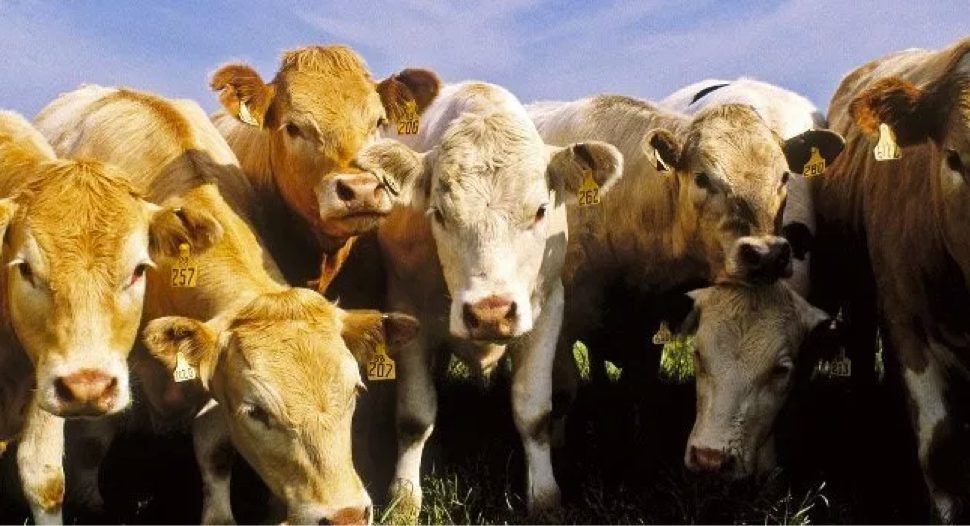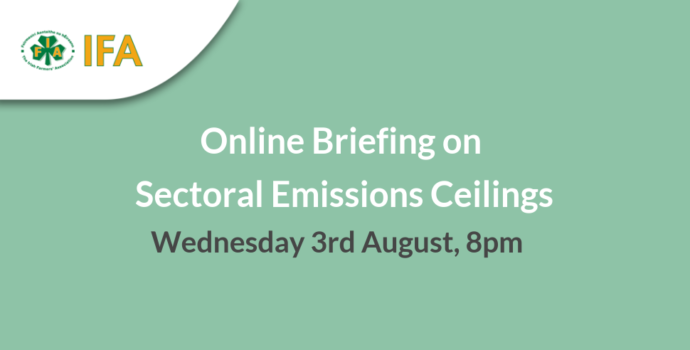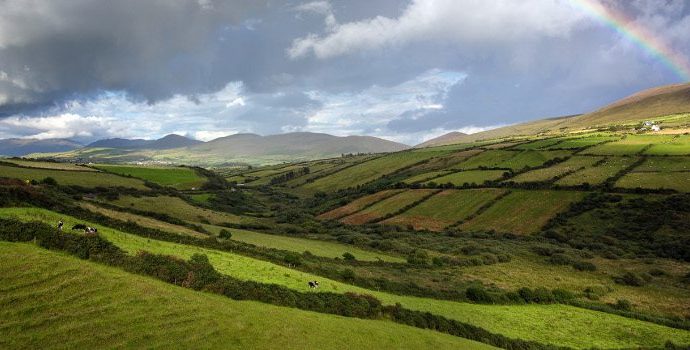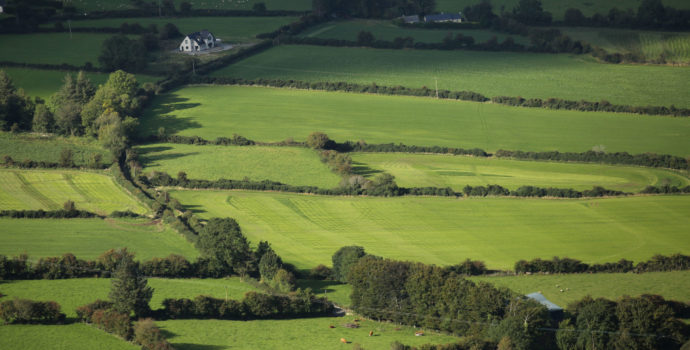
IFA President Tim Cullinan said there seems to be an obsession amongst some about reducing the national cow herd.
“The Paris climate agreement states that emission reductions should not threaten food production. It’s also now clear the way methane from bovines is being accounted for in the climate figures is inappropriate,” he said.
“People need to stop making superficial policy proposals based on calculations that we know are flawed, just to appease a political ideology,” he said.
“Another elephant in the room is that farmers are getting no credit for the carbon they are sequestering. We need to talk about net emissions from agriculture rather than gross emissions,” he said.
“The lazy narrative of cutting the national herd ignores the science and international climate policy. The latest stark warning from the UN World Food Programme is that the COVID-19 pandemic will push an additional 130 million people to the brink of starvation.”
“Ireland is one of the most carbon efficient countries in the world to produce food. If it’s not produced here, it will be produced elsewhere with higher emissions,” he said.
This is a time to back, not attack, farming and food production. It’s time policy actions and decisions were made which include:
- Recognising the short lifespan of methane in the atmosphere and the natural carbon cycle that has happened in agriculture for hundreds of years.
- Ensuring farmers receive the full credit for the carbon that is stored and sequestered in their hedgerows, grassland, crops and forestry.
- Introducing a feed-in tariff for farm scale and community renewable energy.
- Addressing grid connection and planning challenges for small-scale renewable projects.
IFA will continue to work to ensure a fairer and balanced representation of farmers actions on climate.



